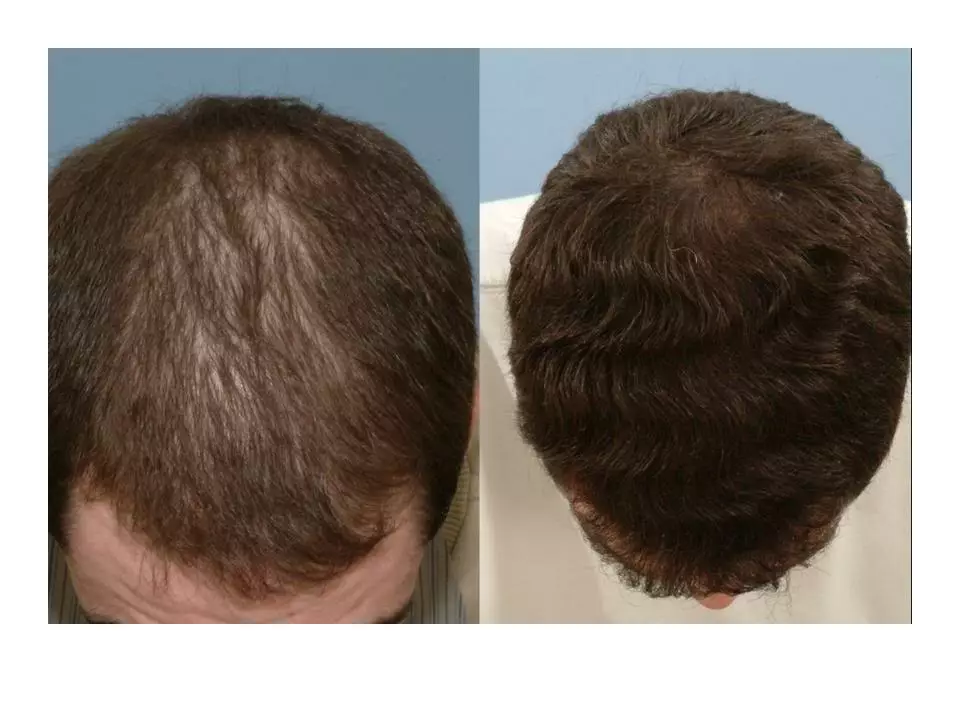Bupropion — what it does and who it helps
Bupropion is a common prescription medicine used for major depressive disorder and to help people quit smoking. You might know it by brand names like Wellbutrin (for depression) or Zyban (for smoking cessation). It works differently from most antidepressants: it boosts dopamine and norepinephrine activity, which can lift mood and reduce nicotine cravings for many people.
How bupropion is usually taken
There are three main formulations: immediate-release (IR), sustained-release (SR), and extended-release (XL). Typical starting doses look like this: for smoking cessation, 150 mg once daily for three days, then 150 mg twice daily; for depression, many people start at 150 mg once daily (XL) and may move to 300 mg once daily. Doctors tailor doses based on response and side effects. Never crush an XL tablet—swallow it whole.
Quick, practical safety points and side effects
Before you start, tell your clinician if you have a seizure history, an eating disorder (bulimia or anorexia), or are withdrawing from alcohol or sedatives. Bupropion can raise the risk of seizures in vulnerable people. It's also not given with MAO inhibitors or within about two weeks of stopping them.
Common side effects include insomnia, dry mouth, headache, anxiety, sweating, and mild stomach upset. Many people notice less fatigue and sometimes modest weight loss. Watch your sleep—taking the dose in the morning helps reduce insomnia. If agitation or suicidal thoughts appear, contact a clinician right away, especially in young adults.
Blood pressure can rise for some users, so check it if you have hypertension. Also avoid heavy alcohol use while taking bupropion—sudden drinking after stopping alcohol or sedatives can increase seizure risk. Tell your provider about other drugs that lower seizure threshold (for example tramadol, certain antipsychotics, and some antibiotics) so they can check for interactions.
If you're trying bupropion to quit smoking, give it a few weeks to reach full effect. Many people start the quit date after a week of medication, but follow your prescriber's plan. Success is more likely when medication is paired with counseling or behavioral support.
Stopping bupropion suddenly can cause symptoms for some people, though it’s not usually as severe as some other antidepressants. Still, coordinate any changes with your clinician. If you miss a dose, take it as soon as you remember—skip it if it’s close to your next dose; don’t double up.
Bottom line: bupropion can be very helpful for depression and smoking cessation, but it has clear safety checks. Talk openly with your prescriber about seizure risk, other medications, and whether bupropion fits your health picture. Practical steps—taking it in the morning, avoiding late doses, watching blood pressure, and pairing it with support for quitting smoking—make a big difference in how well it works for you.

Smoking Cessation: Medications and Strategies That Actually Work
Discover the most effective medications and proven strategies to quit smoking for good. Learn how varenicline, NRT, and bupropion work, what side effects to expect, and how to combine them with behavioral support for real results.

Bupropion and Hair Loss: What You Need to Know
As a blogger, I've been researching Bupropion and its potential side effects, including hair loss. From what I've gathered, it's a medication primarily used to treat depression and help people quit smoking. Some users have reported hair loss, although it seems to be a rare side effect. It's important to monitor any changes while taking Bupropion and consult your doctor if you experience hair loss or any other concerning symptoms. Remember, every individual's experience may vary, so always prioritize your well-being and seek professional advice when needed.
